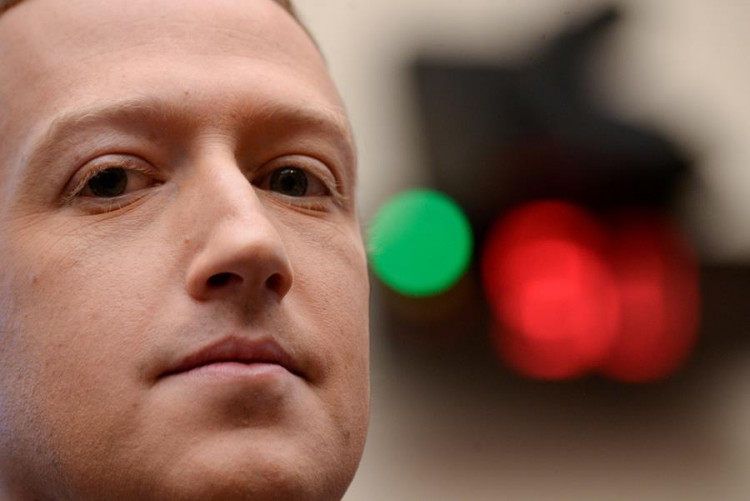Meta will form a new product department inside the firm focused on generative AI, a new set of machine learning algorithms that allow computers to generate words, draw drawings, and create other media that resemble human output.
Mark Zuckerberg, CEO of Meta, stated in a Facebook post that the unit will merge numerous teams from throughout the organization. Chris Cox, who is currently serving in the role of Chief Product Officer, will be given responsibility for organizing the new group.
This approach comes at a time when large technology corporations and well-capitalized startups are both racing to boast about improvements in machine learning techniques and incorporate artificial intelligence models into their respective products.
According to Zuckerberg, the team is going to develop "creative and expressive" technologies that will be integrated into Meta's products.
"We're exploring experiences with text (like chat in WhatsApp and Messenger), with images (like creative Instagram filters and ad formats), and with video and multi-modal experiences," Zuckerberg said. "We have a lot of foundational work to do before getting to the really futuristic experiences, but I'm excited about all of the new things we'll build along the way."
The previous week, Meta introduced its very own new large language model, which is being referred to as LLaMA. At the time, Meta asserted that its models are distinct from those of its competitors due to the fact that they are made available to researchers and that their use is both more convenient and less expensive than that of larger models.
Massive language models developed by OpenAI have been incorporated into a chatbot developed by Microsoft called Bing, in addition to a separate chatbot developed by ChatGPT. Moreover, Google is working on a chatbot codenamed "Bard."
On Monday, Snap Inc. made the announcement that it will add a ChatGPT bot to its Snapchat application.
The announcement was also a signal from Meta, which does a large amount of research into artificial intelligence, that it was not going to let competitors pass it by in the battle to become the most advanced AI company.





